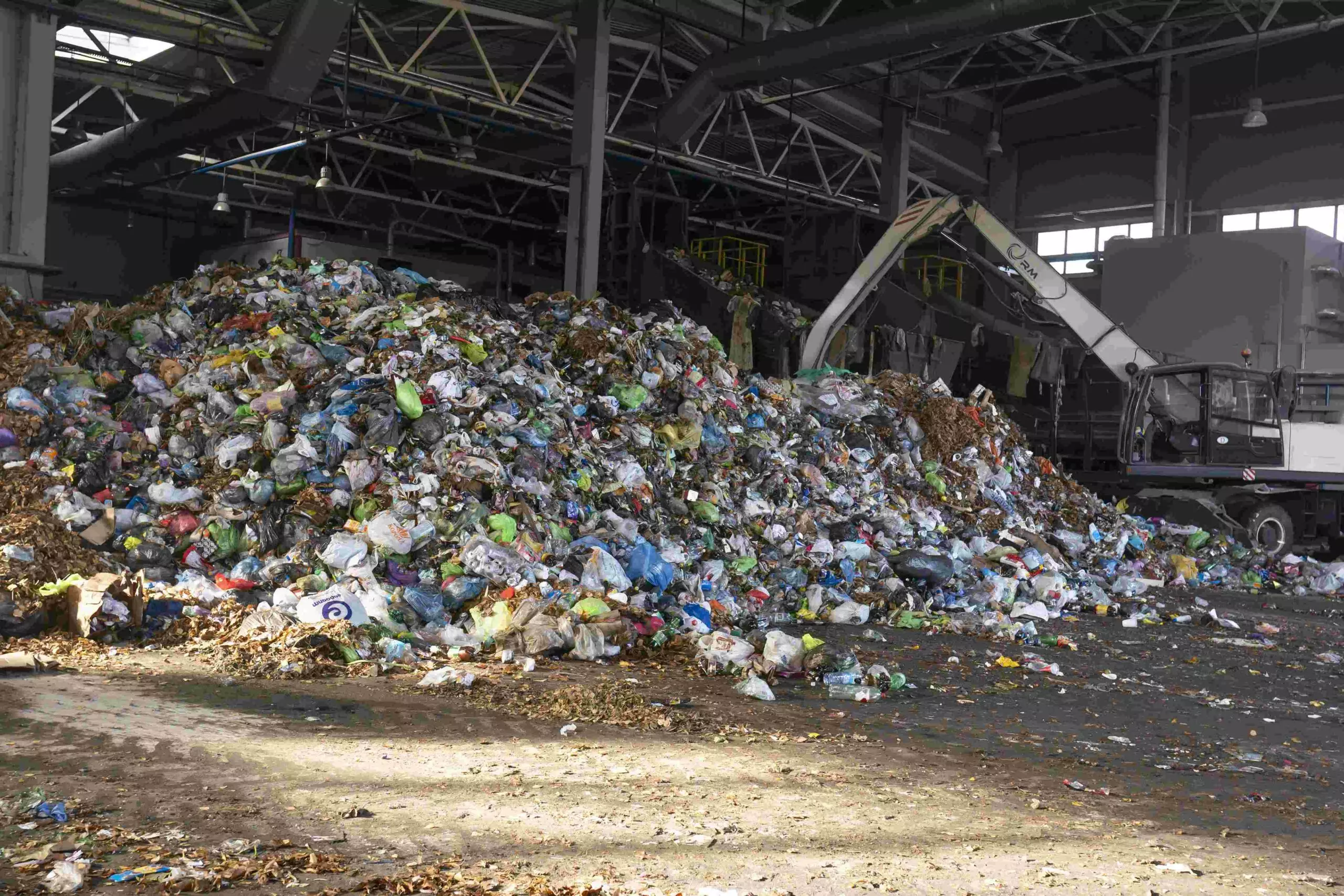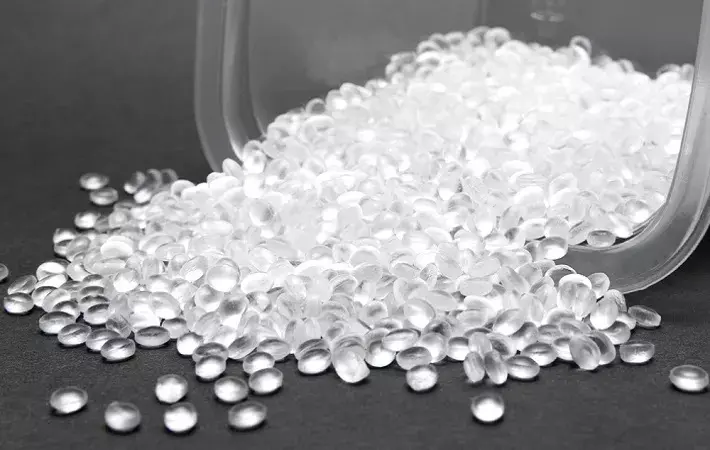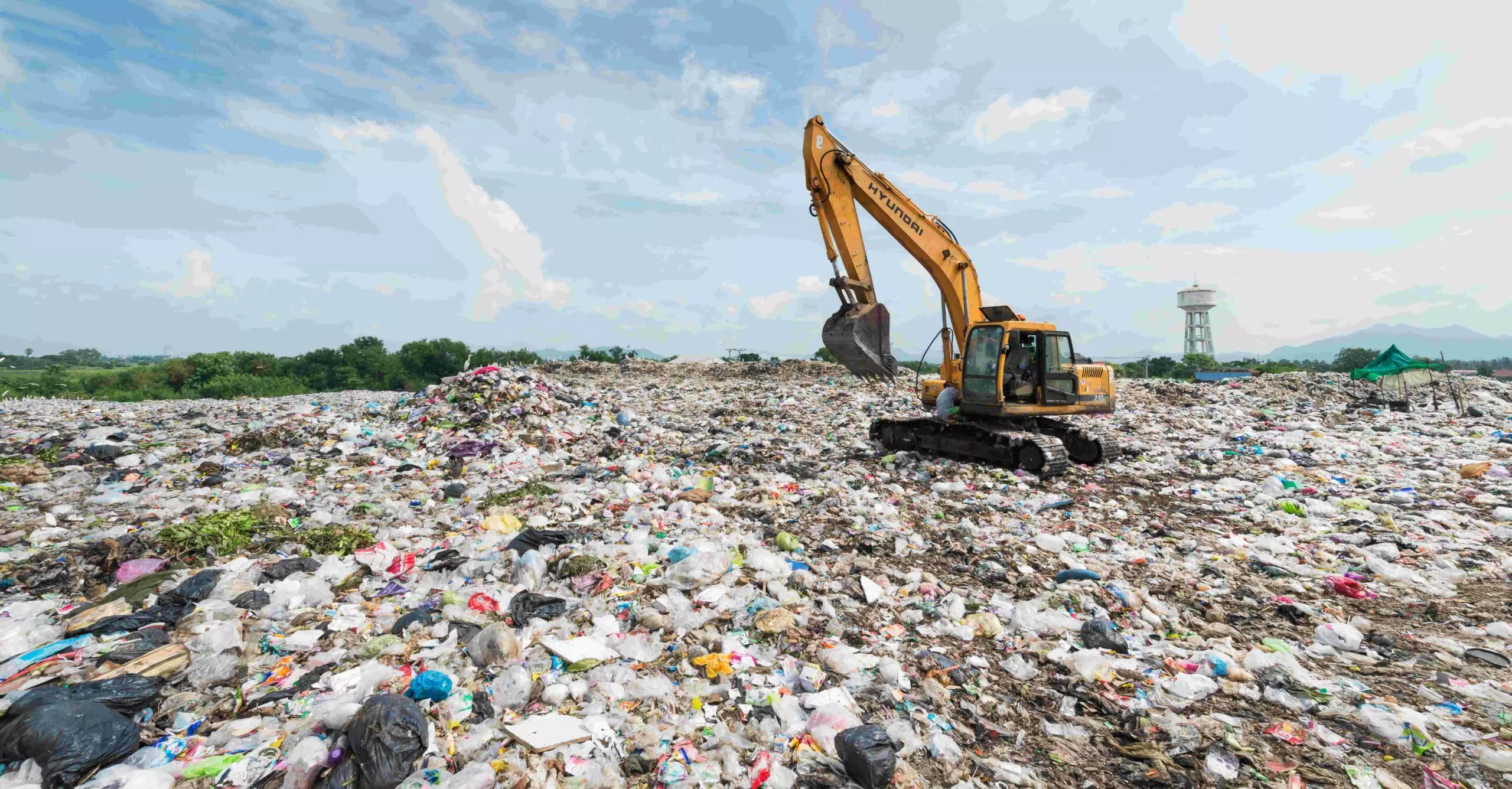Low Value Waste
Low value waste usually refers to waste materials that are of little or no economic or environmental value. In the scope of biofuel, these waste materials include plastics, RDF (Refuse Derived Fuel), PP (Polypropylene) or HDPE (High Density Polyethylene), and LDPE (Low Density Polyethylene) or MSW (Municipal Solid Waste). Join us today and find a way to increase the value of these seemingly insignificant waste.

Why Choose Us?

Verified User Profiles
Browse requirements and get access to our well-established user base
Quality Assurance
Ensuring quality by stringent control measures
Transparency
End-to-end transaction visibility within platform

Quick Support
Personalized assistance at every step of the deal
Refuse Derived Fuel (RDF)
Refuse derived fuel or RDF, is made from the leftovers of municipal and industrial waste after required materials have been extracted. It has a high calorific value of approximately 4000 Kcal/kg, which is utilized to generate energy. Its higher energy allows it to be employed in a variety of applications, such as electricity generation or as fuel for industrial boilers. It also produces transportation fuels that are reliable and cost efficient.


PP (Polypropylene)/HDPE (High Density Polyethylene)
High Density Polyethylene (HDPE) is a thermoplastic resin that is becoming increasingly popular in the biofuel business. This raw material is extremely versatile and cost-effective, making it an excellent alternative for biofuel production. HDPE is also inexpensive to produce and has a low melting point, making it an excellent choice in manufacturing processes.

LDPE (Low Density Polyethylene)
Low density polyethylene (LDPE) is a petroleum-derived thermoplastic polymer recognized for its light weight and durability. It has a high degree of flexibility and can be easily molded into various forms and sizes, enabling for a wide range of biofuel applications. It is a more appealing alternative because of its low cost and ease of processing. It is also 100% recyclable, helping to lessen environmental problems related with the manufacturing and consumption of biofuel.


MSW (Municipal Solid Waste)
Municipal Solid Waste (MSW) is a vast, renewable, and cost-effective raw material resource for biofuel production. It is made up of a wide range of organic components, such as food waste, paper, and yard clippings. MSW organic matter can be transformed into biofuel using a variety of techniques such as anaerobic digestion, pyrolysis, gasification, and biochemical conversion. MSW-derived biofuel has the potential to generate electricity, supply heat and power, and even power cars.

Low Value Waste
Low value waste usually refers to waste materials that are of little or no economic or environmental value. In the scope of biofuel, these waste materials include plastics, RDF (Refuse Derived Fuel), PP (Polypropylene) or HDPE (High Density Polyethylene), and LDPE (Low Density Polyethylene) or MSW (Municipal Solid Waste). Join us today and find a way to increase the value of these seemingly insignificant waste.


